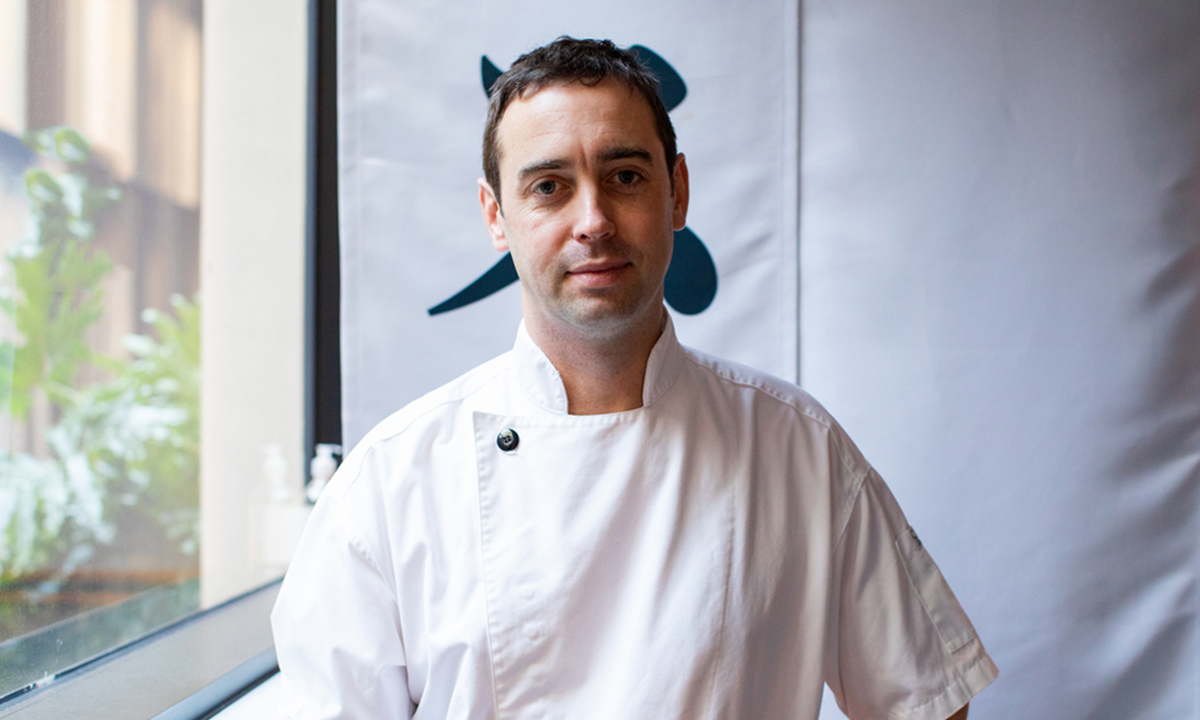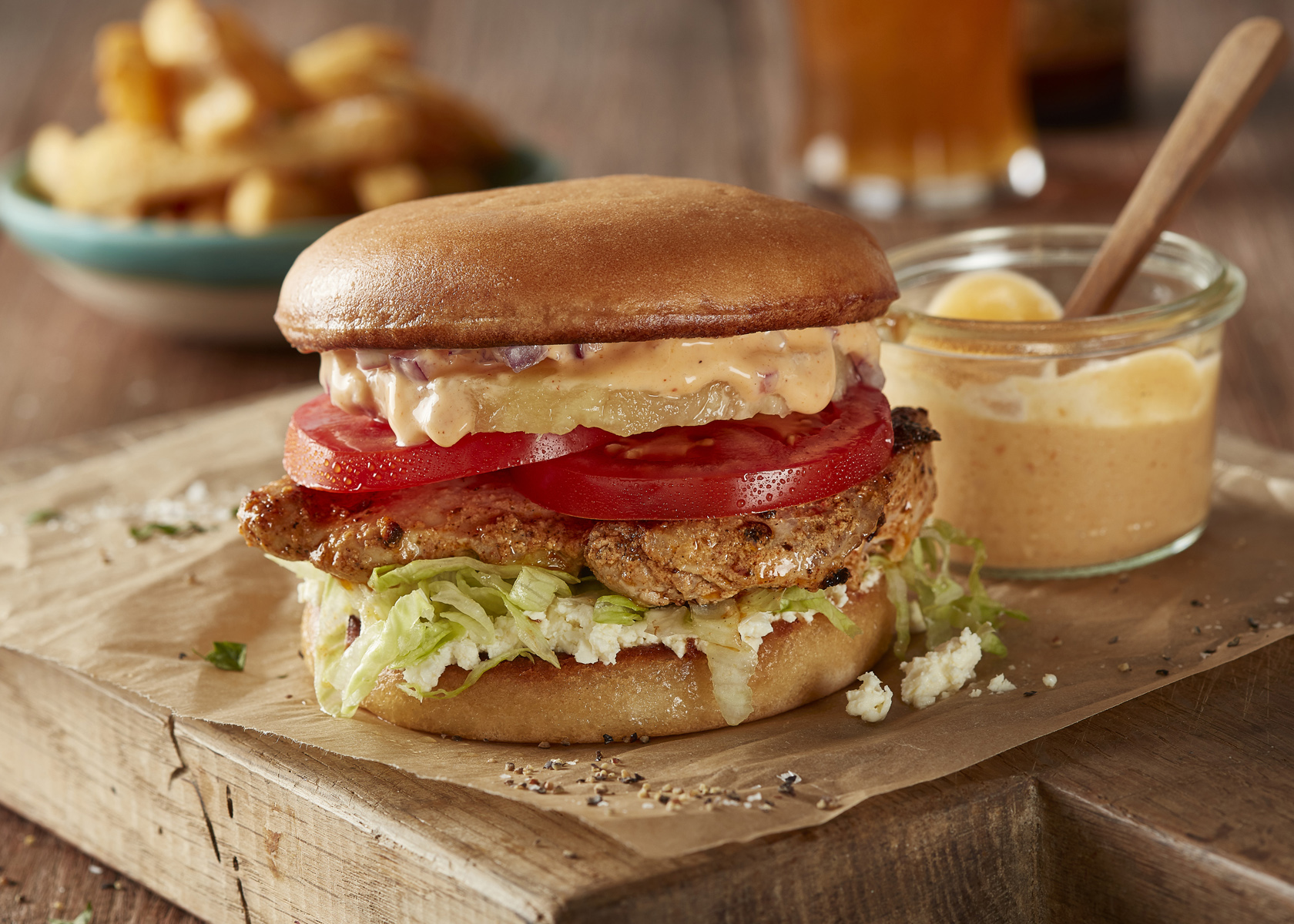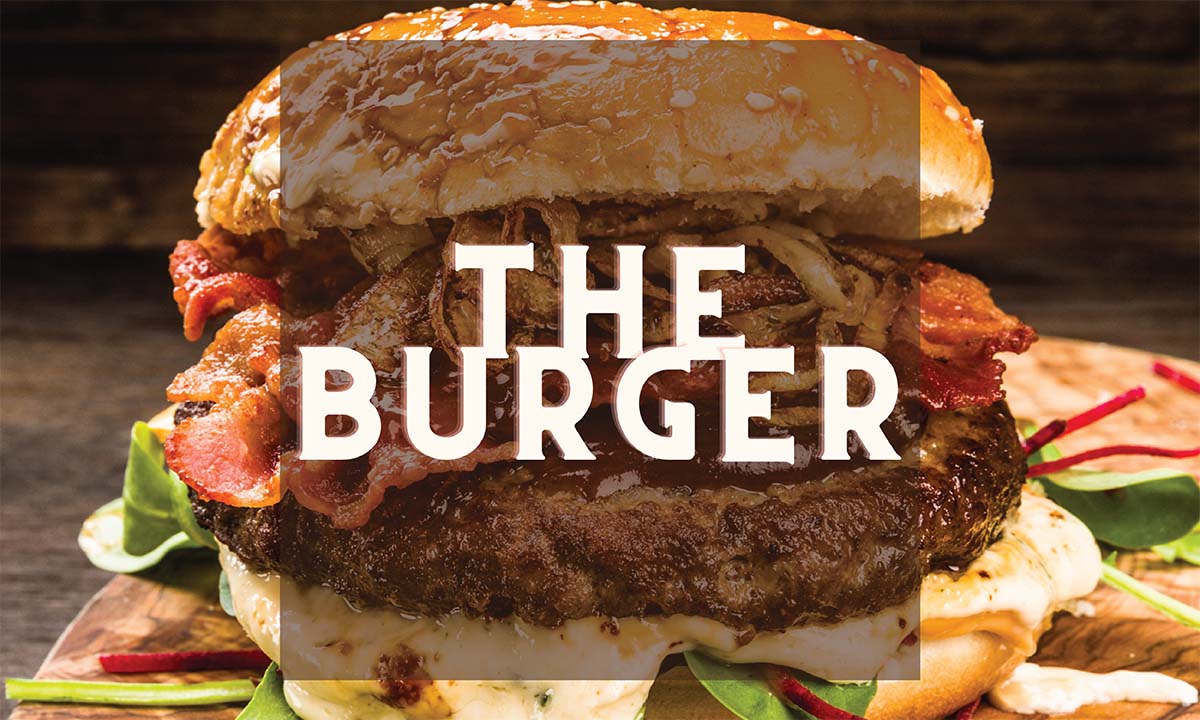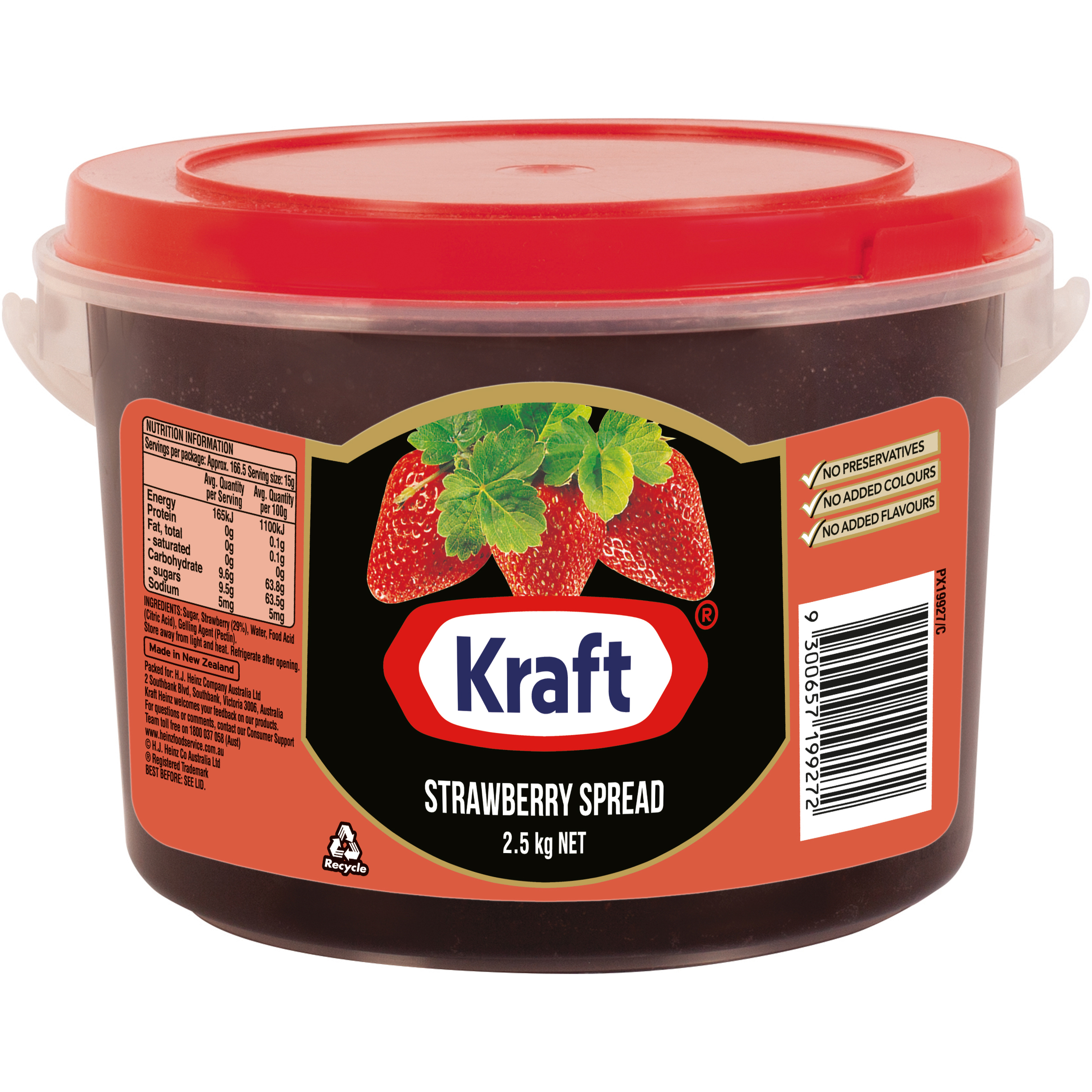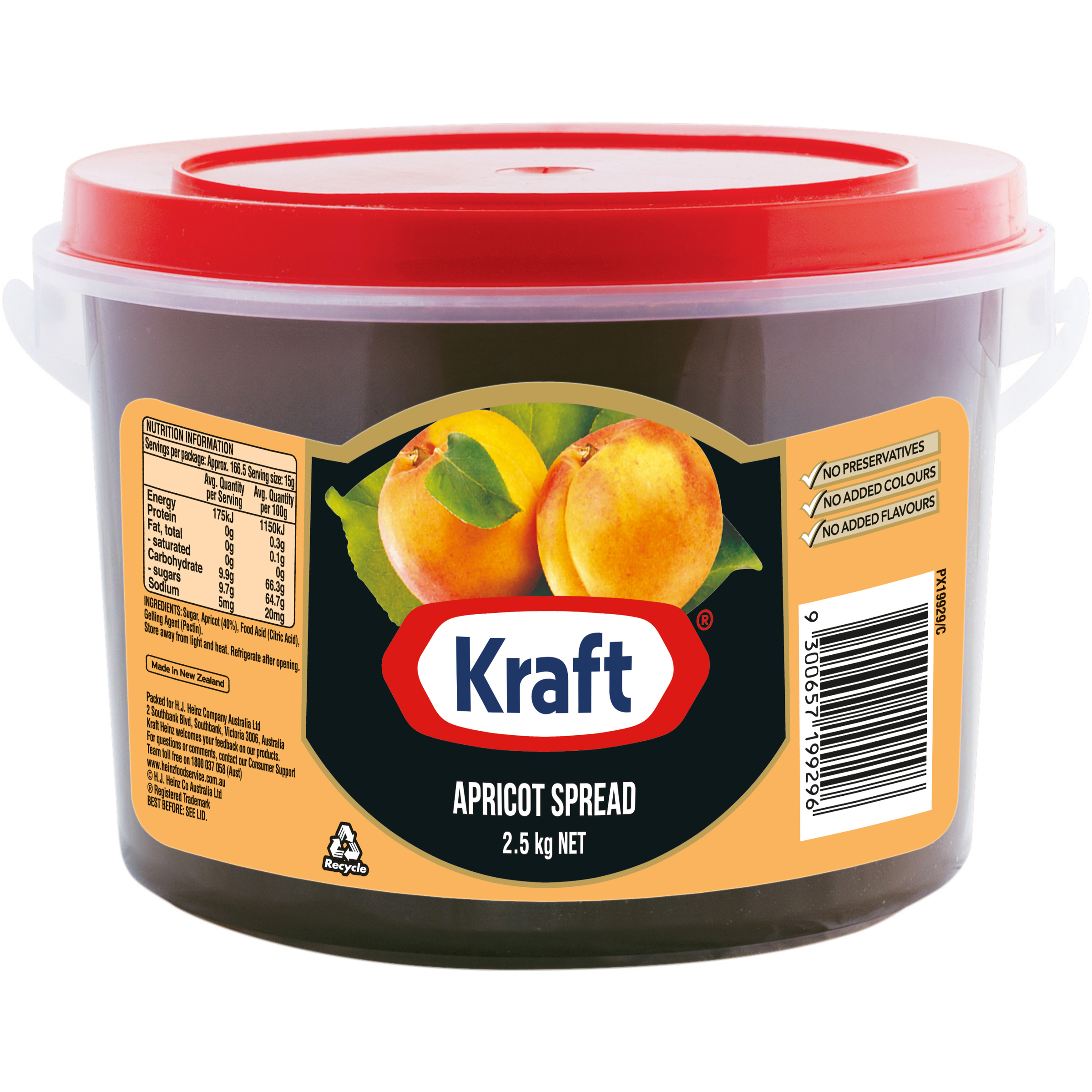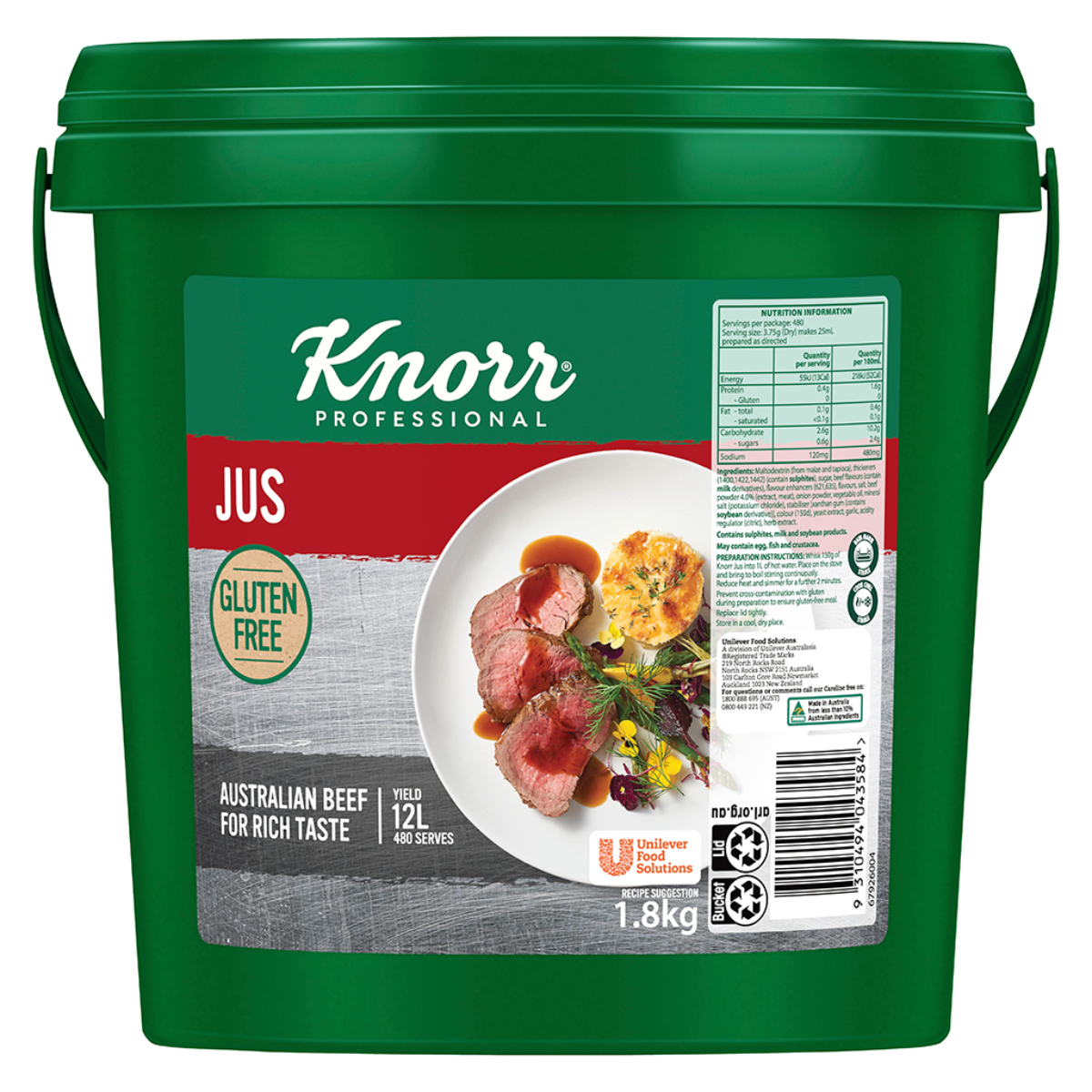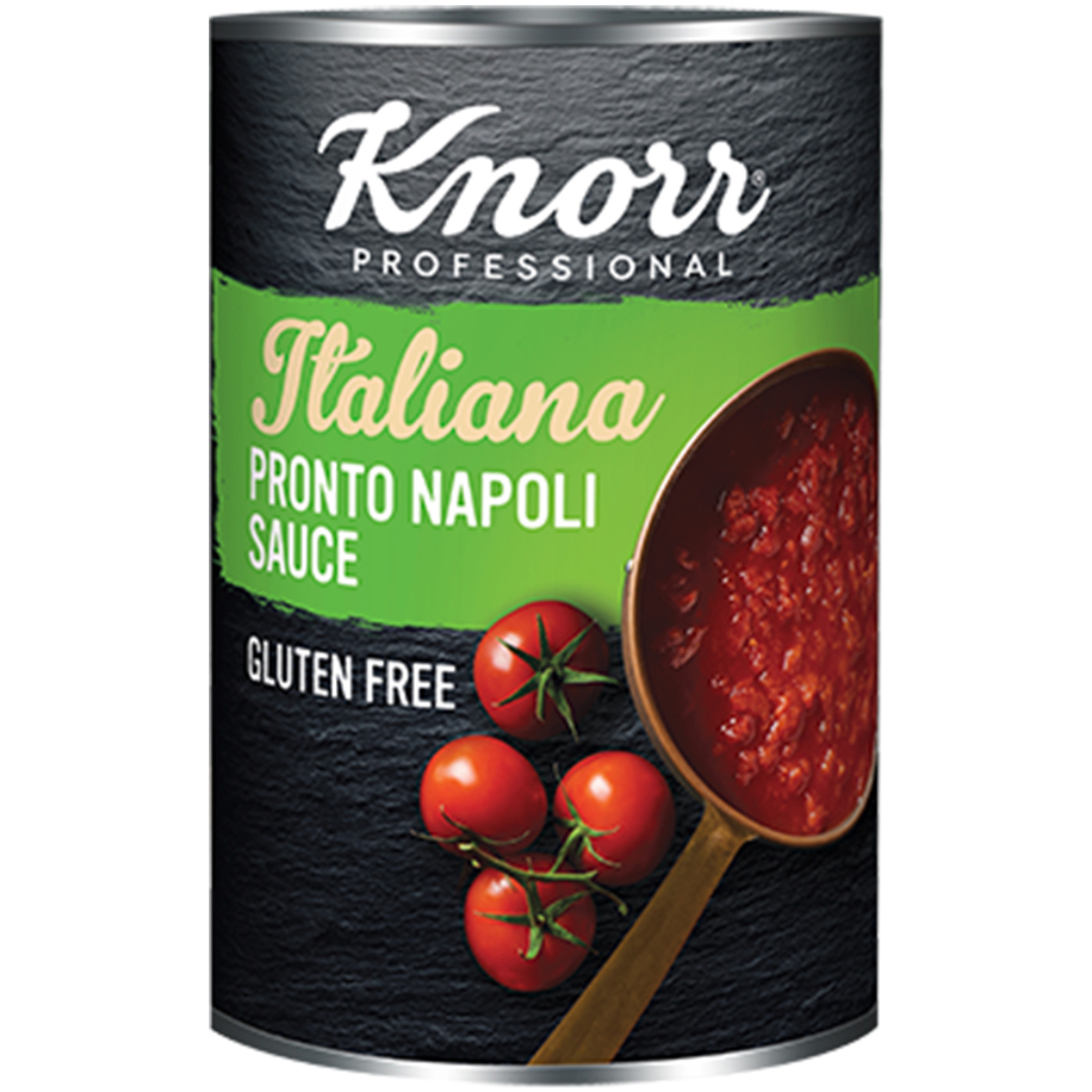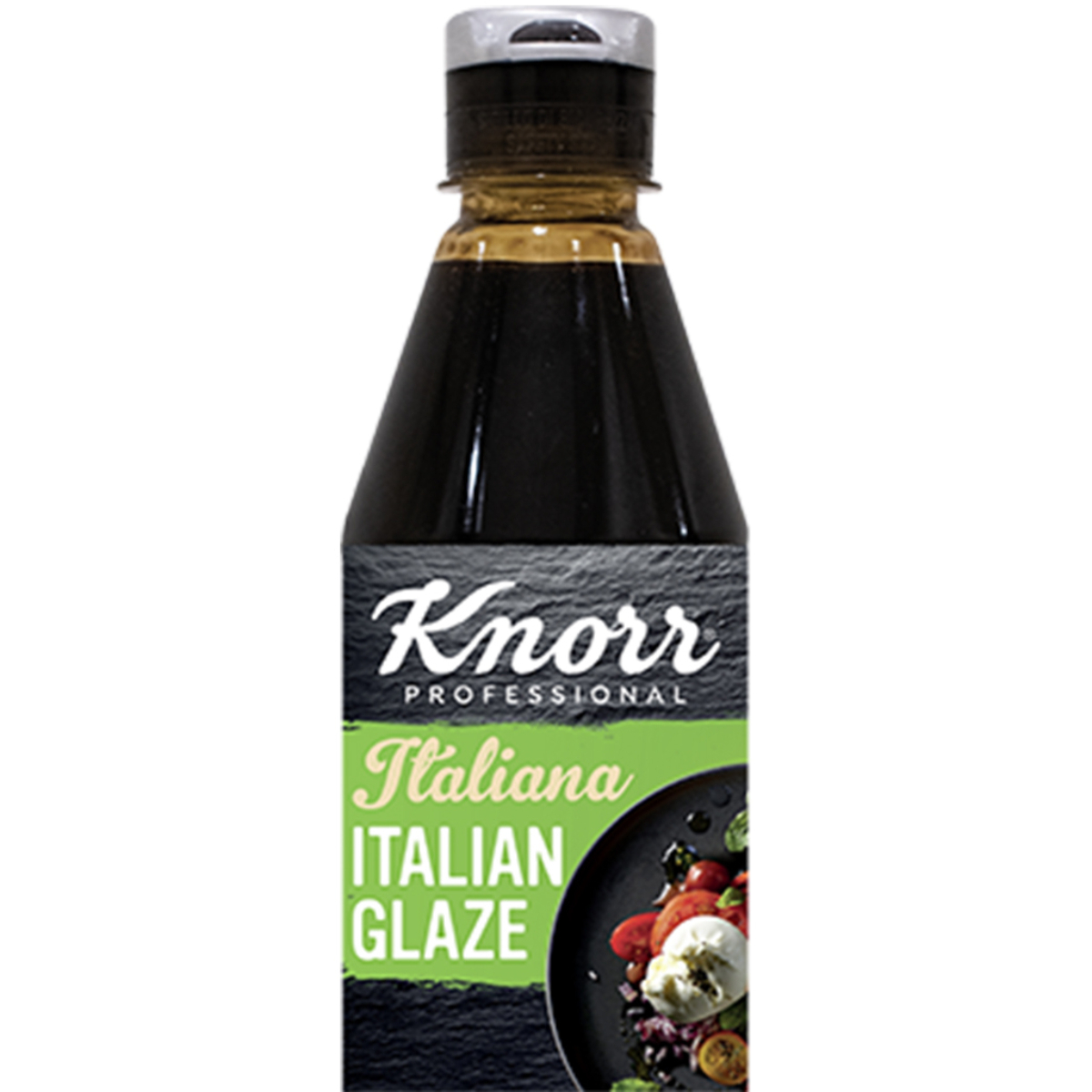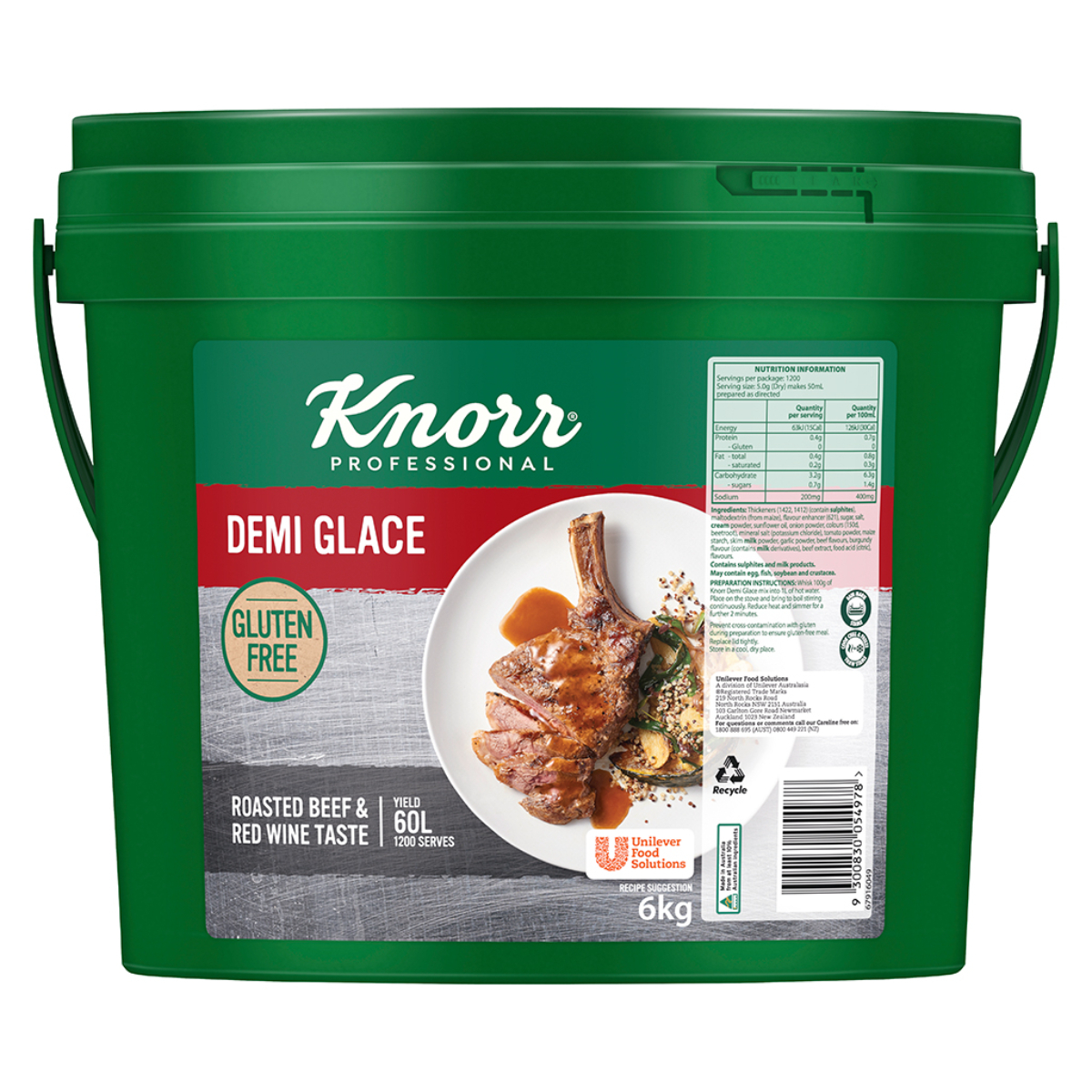Barely a day goes by when a headline or news report doesn’t scream about inflation and interest rates. And with financial advice often starting with suggesting Aussies cut down on coffee and restaurant meals to preserve their household budget, many hospitality businesses are left bearing the full brunt of the cost-of-living crisis in Australia. “I think the next 12 to 18 months are going to be extremely difficult for about 70 percent of the population,” says Joel Best, owner and head chef at Besuto Sydney. “Rents are up, electricity’s up, gas is up, transport’s up, cost of food is up. People stop going out and tips get reduced.”
One hundred percent of hospitality workers surveyed in the Headspace App’s Workforce Attitudes Toward Mental Health Report said they felt stress over the past 12 months, with almost half saying they’re stressed at least once a week, and one in five listing personal finances as their top stressor. Meanwhile, a UK survey of 10,000 workers found 67 percent of hospitality workers have reduced their spending, and 42 percent have missed a bill because of the cost of living crisis. “I think everyone in hospitality is pretty stressed and overworked at the moment,” says psychologist Rohan Fisher, who runs Mind Up’s Hospo In Mind mental health initiative for Australian hospitality workers. “Financial stress can lead to people feeling anxious about unpaid bills [and] if that goes on for a longer period of time, your self-esteem’s likely to take a hit and you might start feeling depressed … and it can snowball from there.”
Add to that the Federal Government’s July 1 reintroduction of working restrictions on international students. “There’s fewer people going through the door because interest rates are so expensive right now, and that’s putting pressure on business owners because they can’t give as many shifts to staff,” Fisher says. “Often business owners are being worked to the bone because they’re trying to make up that gap.”
Start with staff wellbeing
As challenging as conditions are for many hospitality businesses, Best believes that with some ingenuity and a clear focus on customers, smart restaurant owners will ride out the wave. “I believe that if we can retain our current guests and they keep coming in regularly, that’s the best thing we can do for our business,” he says. “We want them thinking, ‘It’s a special occasion, let’s go to Besuto.”
To do this, Best keeps his staff’s wellbeing top-of-mind. “Business owners need to be proactive about the wellbeing of their staff because they’re going to give your guests that best experience when they come in,” he says. “Whenever I hire someone, I say, ‘My number one job is to make sure you’re happy, and if you’re not, come and talk to me about it. Because if you guys are happy, you look after my guests.”
Part of that philosophy involves capping staff hours to 45 per week and shutting the restaurant for the last two weeks of June every year for a comprehensive break. “Business-wise, trade is always down at that time – corporates have spent their money, school holidays are coming up and everyone’s saving,” Best says. “And because it’s outside of peak times, if my staff want to travel, there’s cheap flights and accommodation, too. It gives them 100 percent rest, and for me, if the restaurant’s not open, there’s no staff messaging me asking questions – it allows me to shut my brain down.”
Fisher, who worked as a bartender in high-end restaurants and bars for 10 years before becoming a psychologist, encourages business owners to continue the ingenuity of the pandemic years. “It might be doing cocktail kits for people to make at home or having an online storefront to compensate for lack of traffic,” he says. “Could you consider the flow of customers through the business and maybe close the doors on one or two underperforming days a week to alleviate overheads and staffing costs?”
Lead by example
As part of the Hospo In Mind initiative, Fisher meets with restaurant teams to open up a culture of sharing. “Starting a conversation with staff about [mental health] is really important,” he says. “People often hang onto things [and feel] they can’t speak about them when, quite often, everyone else is in the same boat.”
He suggests restaurants have a plan for ways to help anyone who shares they’re struggling. “It might be setting up an employee assistance program, having counselling sessions available to staff or having a list of resources that they can reach out to if they are struggling,” he says.
At the same time, he suggests business owners demonstrate being proactive with self-care. “If you notice you aren’t feeling one hundred percent could you do some stretches or unwinding after a shift instead of having a couple of beers?” he asks. “Try and stick to a consistent sleep schedule as much as you can and get some healthy food in.”
If stress is escalating mid-shift, some “box breathing” can be a handy tool to call on. “Inhale for a count of four, hold for a count of four, exhale for a count of four, and hold for a count of four,” Fisher explains. “It’s something Navy Seals use in combat to calm themselves, so it’s pretty tried and true. If you’re feeling heightened, nip out for one or two minutes – or ideally five minutes – to have a bathroom break and use this exercise to de-escalate.”

